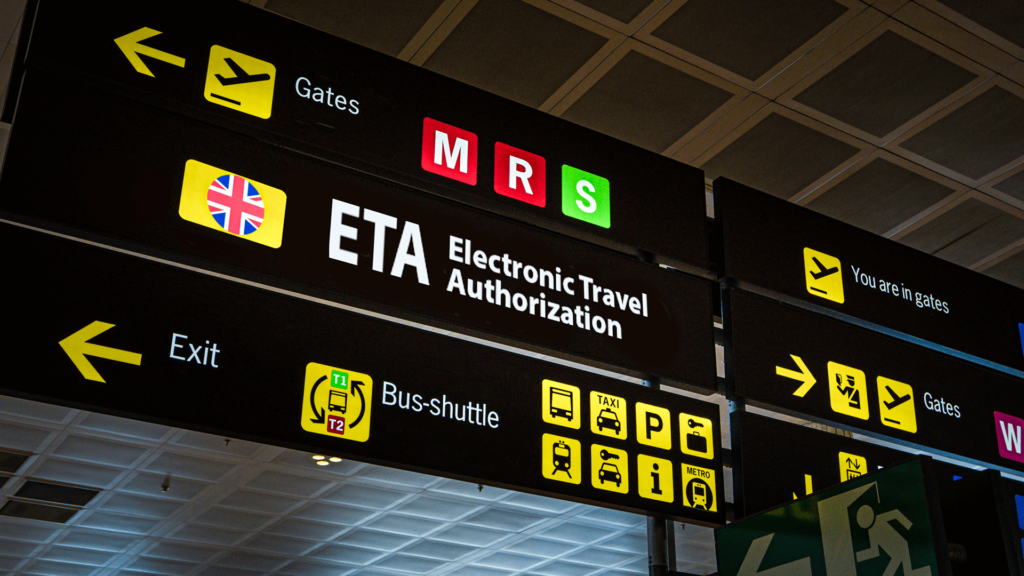Manchester City Football Club has secured a legal victory over the Premier League concerning the league’s Associated Party Transaction (APT) rules.
Background of the APT Rules
The Premier League introduced the APT rules in 2021 as a response to rising concerns about inflated commercial agreements between clubs and entities owned or associated with club owners. The purpose was to ensure that financial transactions between clubs and parties with direct or indirect affiliations to their owners were conducted at fair market value.
The APT regulations aimed to prevent clubs from engaging in sponsorship deals with associated entities at artificially high values, which could distort the league’s competitive balance and the overall financial health of the competition. This initiative came into sharper focus after the Saudi-led takeover of Newcastle United, which led to increased scrutiny of the financial relationships between clubs and their owners’ other business ventures.
However, it was Manchester City, owned by the City Football Group, who found themselves in opposition to these new rules. The club’s legal team argued that certain provisions of the APT regulations were unfair and lacked sufficient clarity, particularly when it came to determining what constituted “fair market value” for commercial transactions involving associated parties.
Manchester City’s Legal Challenge
Manchester City have challenged the exclusion of shareholder loans from fair market value assessments and the Premier League’s decision-making process, arguing that the rules lacked transparency and were too vague in how they were applied.
In September last year, the tribunal found three aspects of the APT rules were unlawful. The Premier League said that they note that three parts were unlawful. This prompted the league to say that they could be rewrote quickly and they would get clubs to vote on the amendments. The rules were therefore changed in November.
The crux of the club’s argument centred on the fact that shareholder loans—essentially financial injections from club owners to fund their operations—were not being considered in assessments of the club’s financial standing under the APT rules. City’s legal team claimed this was a significant omission and that such loans, especially those from wealthy owners, could play a crucial role in the financial structure of the club.
Another key point raised by City was the procedural fairness of how the Premier League went about determining whether an associated party transaction met the standard of fair market value. According to the club, the Premier League’s processes were opaque, and the burden of proof was unfairly placed on the clubs to justify the fairness of their own transactions.
Tribunal’s Findings
An independent tribunal, comprised of Lord Dyson, Christopher Vajda KC and Sir Nigel Teare identified several flaws in the APT rules and found that the regulations were unlawful. Three central points of contention were outlined in the tribunal’s decision:
- Exclusion of Shareholder Loans: The tribunal ruled that excluding shareholder loans from assessments of fair market value was unjustifiable. Loans provided by owners are a legitimate form of financial support for clubs and can have a direct impact on their ability to operate, yet they had been ignored under the previous rules.
- Lack of Transparency: The tribunal also found that the Premier League’s process for assessing fair market value lacked transparency. There were concerns over the methods used to assess whether a transaction between a club and its affiliated entities was conducted at a fair price, and the club’s ability to challenge these assessments was severely restricted.
- Burden of Proof: The tribunal took issue with the Premier League’s approach in placing the burden of proof on clubs to demonstrate that a transaction was conducted at fair market value. The decision to require clubs to prove their innocence, rather than the league proving a breach, was deemed procedurally unfair.
Given these findings, the tribunal ruled that the entire set of APT rules, effective from December 2021 to November 2024, were unenforceable.
Implications for the Premier League
This ruling has wide-ranging consequences for both the Premier League and football governance. Most notably, Clubs that had transactions rejected under the APT rules during the period in which the regulations were in force may now have grounds to pursue compensation claims. If clubs feel that their commercial agreements were unfairly scrutinised or penalised, this could result in legal claims for financial damages.
The same panel is now set to deliberate on the most recent APT rules, which were approved in November. If the panel delivers a ruling similar to previous decisions, it could pave the way for clubs such as Manchester City and Newcastle United to enter into substantially larger agreements with affiliated entities. This could have significant financial implications, potentially allowing these clubs to negotiate much more lucrative deals with organisations that have close ties to the clubs’ owners or stakeholders.
Broader Consequences for Football Governance
The Manchester City case also has wider implications for football governance in the UK and beyond:
- Legal Precedent: The tribunal’s decisions emphasises that governing bodies must ensure their regulations are both transparent and fair, or they may face legal challenges from clubs or other stakeholders. The case could have a ripple effect on other football leagues or sports competitions with similar regulatory frameworks, potentially leading to revisions of financial controls across the industry.
- Increased Regulatory Scrutiny: The ruling could spark increased scrutiny of other financial regulations within football. Clubs may seek to challenge other aspects of governance they consider unjust or opaque, leading to more legal battles over regulatory frameworks.
Conclusion
Manchester City’s legal victory over the Premier League’s APT rules has the potential to be a significant turning point in the governance of English football.
It is important to remember that this decision expressly does not impact the new APT rules. The tribunal did not make any finding in relation to the validity or legality of the new rules.
For clubs, this decision may pave the way for a more transparent, fairer approach to financial governance, where the interests of all stakeholders are considered. The case underscores the importance of a robust legal framework in sports, demonstrating that even the most powerful governing bodies must operate within the confines of the law.
How can we help?
For further information about issues raised in this article, please contact a member of our Commercial Disputes team.




